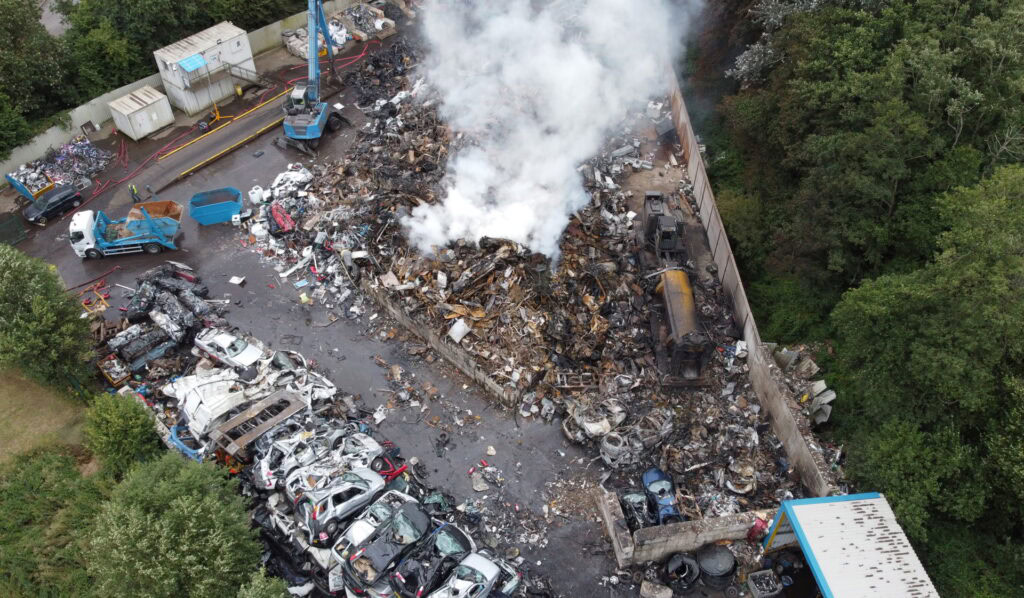All cadmium should be recovered from spent rechargeable NiCad batteries during the recycling process, the coalition said in a position statement on the proposed new batteries directive.
The group consists of the European Portable Battery Association, Eurobat (the Association of European Storage Battery Manufacturers) and CollectNiCad (which represents nickel cadmium battery makers, users and collectors).
It added that an average recovery target of 55% by weight of all batteries was desirable “across all battery systems in order to allow for sound competition between recycling technologies.”
Directive
The coalition made its position statement in response to planned revisions to European battery legislation. During a consultation which closed in April 2003, the European Commission said a new batteries directive should include producer responsibility schemes and recycling targets of up to 80%.
As well as suggesting recycling targets, the coalition suggested target collection rates. The EPBA said collections of 50-130g per inhabitant per year of spent portable batteries were possible, “depending on the existing infrastructure and collection experience.”
And CollectNiCad proposed that at least 75% of spent sealed or portable rechargeable NiCads and 95% of spent industrial rechargeable NiCads could be collected in all member states within five to 10 years of legislation coming into force.
Producer Responsibility
The coalition accepted the need for producer responsibility, but stressed it should be implemented flexibly. It said: “The battery industry agrees to collect all batteries, taking into account the following issues:
- i) The main purpose is resource recovery and prevention of uncontrolled disposal of spent batteries.
- ii) The legal framework should enable the collection systems to operate at reasonable costs and with appropriate financing mechanism.
- iii) Collection of batteries together with other waste streams (integrated waste management, e.g. WEEE) should be allowed and encouraged.
- iv) Producers should have the freedom to choose between the participation in an individual or a collective collection system.”
It added collection targets should not be linked to sales, but expressed as either weight per inhabitant per year or percentage of batteries available for collection.
With regard to automotive batteries, Eurobat said certain countries would need to install infrastructure for collection, but nevertheless, 80% of batteries could be collected after five years, and 90% after 10 years.
The coalition rejected deposit systems as “not economically feasible” and “impractical” because they would reduce collection opportunities, add a “huge” burden to retailers and be open to fraud.
To view the position paper, click here click here.







Subscribe for free